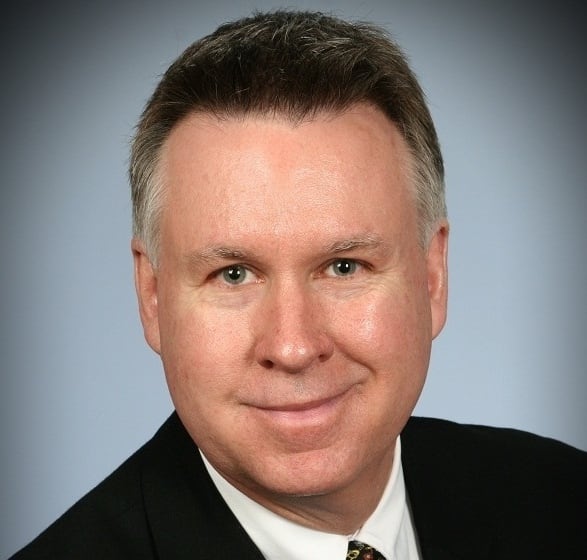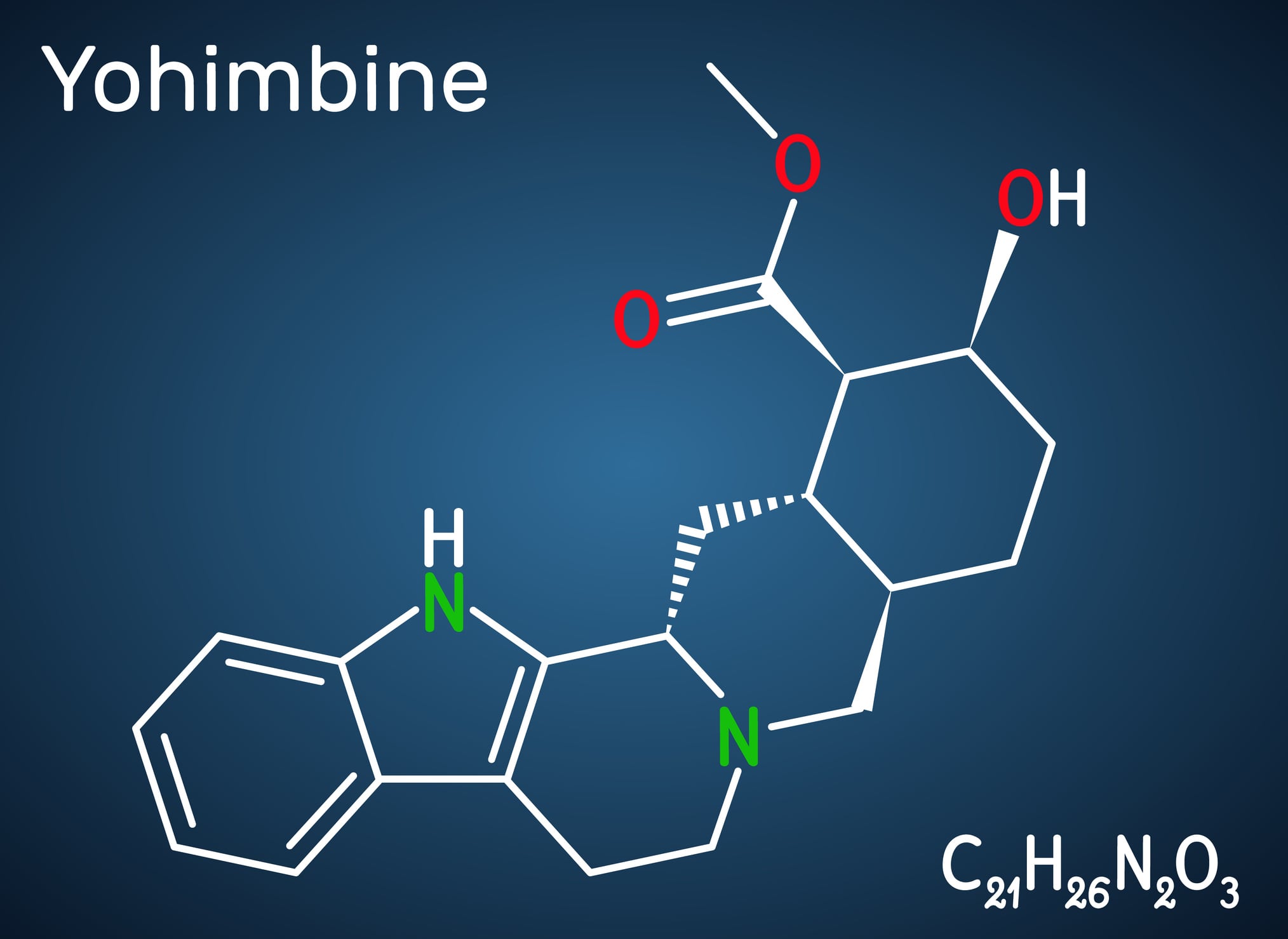Articles published this week in JAMA Internal Medicine stated that the increased use of multiple medications and dietary supplements among older people is potentially raising the risk for drug-supplement interactions.
Scientists from the University of Illinois at Chicago reported that concurrent use of at least five prescription medications increased from 30.6% in 2005-6 to 35.8% in 2010-11, while concurrent use of five or more medications or supplements of any type increased from 53.4% to 67.1%. The use of dietary supplements increased from 51.8% to 63.7%, they added.
“These findings suggest that the unsafe use of multiple medications among older adults is a growing public health problem. Therefore, health care professionals should carefully consider the adverse effects of commonly used prescription and nonprescription medication combinations when treating older adults and counsel patients about these risks,” the authors concluded.
Speaking to NutraIngredients-USA, Dr Rick Kingston, President, Regulatory and Scientific Affairs, SafetyCall International and Clinical Professor of Pharmacy, University of Minnesota, said that the authors seem to suggest that because we see an increase in the use of dietary supplements that equates to an increased risk or toxicity, “and that’s not true”.
“There is evidence to show that increased use of targeted dietary supplements in practice results in better health outcomes,” he said. “I don’t think you can equate a greater use to a greater risk.”
“Also, the pharma databases I’ve examined seem to over-warn on the potential interactions, but the supporting data is often weak, inconclusive, conflicting or non-specific,” he added.
“In the SafetyCall universe adverse events reported for supplement-drug interactions are relatively low compared to the other events reported.”
“Adverse events reported for supplement-drug interactions are relatively low”

Dr Kingston noted that there was a study by the Mayo Clinic in 2008 looking at dietary supplement use among about 2,000 patients in their system. They found 107 interactions with potential clinical significance but when they went through and looked at actual harm they found that no patients had serious harm from the possible interactions during the study period. (American Journal of Medicine, Sood et al. 2008, Vol. 121, pp. 207-211, doi: 10.1016/j.amjmed.2007.11.014)
“In the absence of hard data, the databases tend to adopt the precautionary principle,” he noted. Indeed, in the JAMA Internal Medicine article by Qato et al., the authors noted that the study “was not designed to evaluate health outcomes directly, including adverse drug events”.
Dr Kingston said: “Take a look at the interactions for supplements and oftentimes they are using single case reports to indict a whole class of products. We don’t do that with drugs, so why do we do it with dietary supplements?”
“Diminished credibility”
Dr Kingston also criticized statements made by the authors that there is “no evidence of any clinical benefits” from dietary supplement use, a statement supported with a reference to a controversial editorial in the Annals of Internal Medicine (2013, Vol. 159, pp. 850-851) by Guallar et al.
“These journals are using circular arguments,” said Dr Kingston. “That one statement really diminished the credibility of their article.”


